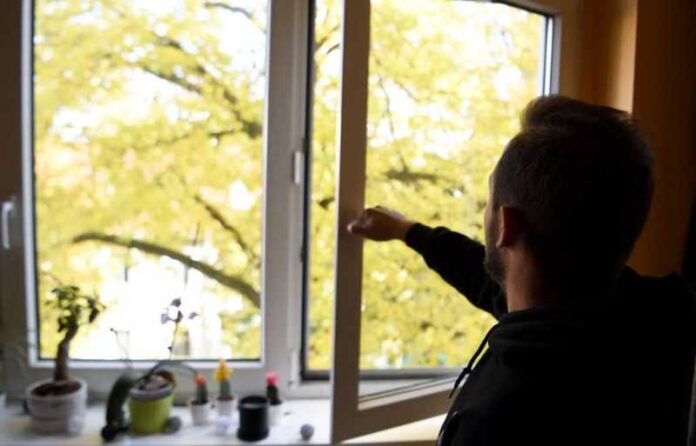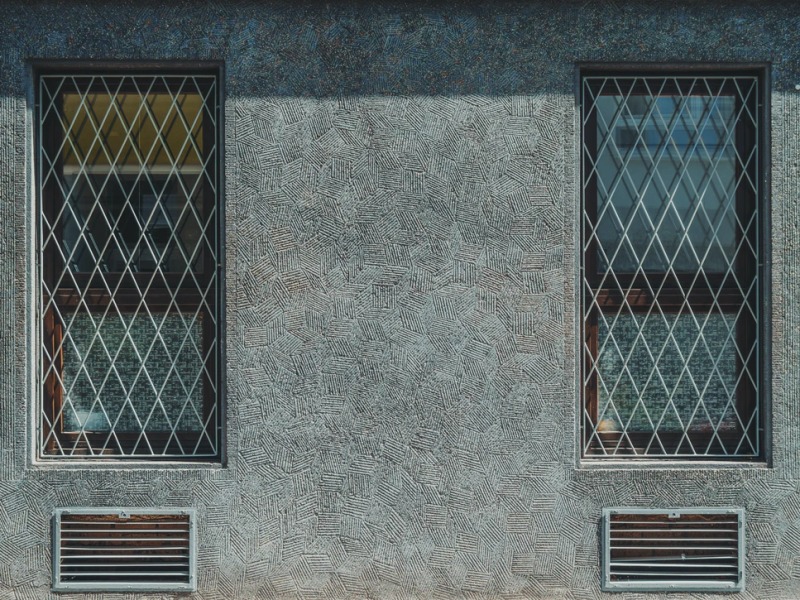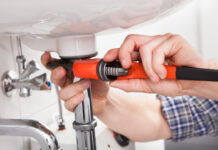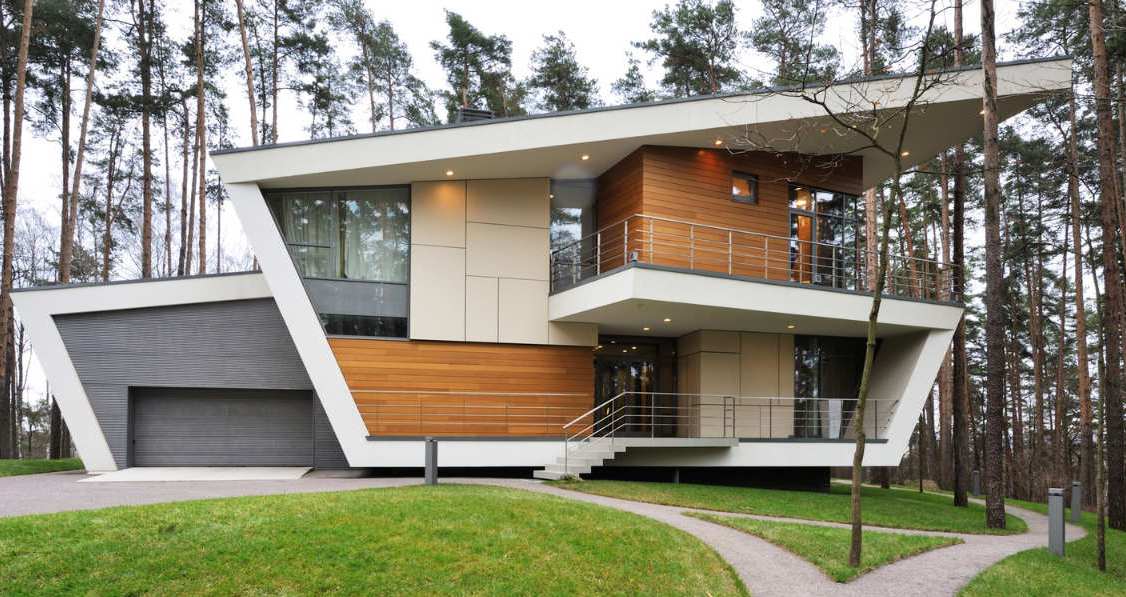Most of us are spending exorbitant amounts of time at home these days given the global pandemic, and air quality is more important than ever. Without good airflow circulating throughout the home, you will have poor air quality, which will only contribute to allergies and other health problems. The kind of air quality you have can also impact the efficiency of your HVAC system; without that, it might fall apart altogether.
The following are a few tips to help you revise some design elements in your home, allowing for better airflow.
Keep Vents Clear
Sometimes, you may be inadvertently doing a few small things that are actually inhibiting the airflow in your home tremendously. For example, your couch or bookshelf may be blocking an air vent or register in the room that will prevent it from ever being the proper temperature or humidity. It could be an object as small as a picture frame. As a result, your HVAC system isn’t operating efficiently, and the quality of air in your home is poor. So, the first simple tip to keep in mind is making sure that your furniture or decor isn’t needlessly blocking any vents or registers.
Replace the HVAC System
The HVAC system in your home might be rather old and in desperate need of an update, which could account for the horrible, dusty air you’re breathing. The experts at topairsystems.com would recommend looking into a high-end filter that can be installed in your HVAC and allow pollutants and various irritants to be trapped and then removed from the air in your home. Your current HVAC filter may simply not be up to the task and is probably easily clogged thus inhibiting proper airflow. This can cause a whole bunch of problems and result in poor circulation of airflow. You can look into the kinds of clean air solutions implemented at super hygienic spaces like labs and hospitals, and see the brands they are using. Chances are, their solutions can represent the best way to have better airflow in your home – and surprisingly, a lot of these can systems, or more modest iterations of them can be replicated in residencies with considerable ease.
Clean Ductwork
Your HVAC system silently does a lot of hard work to help clean out dirt, debris, pet dander, and other contaminants. Unfortunately, these can settle in the ductwork in your system, and buildup thereby clogging the pathways and leading to a problematic airflow. This ends up providing less conditioned air in the room, causing the HVAC system to get overworked and overheated, possibly even getting busted in the process. Stay on the lookout for an increase in the dust in your home, or get attuned to a reduction in airflow, since these are clear indications that dirty ducts could be the issue. Luckily, these are fairly easy to clean and should be a regular maintenance procedure you take on every couple of months.
Buy Air Purifier
A good HVAC system is essential to keeping the airflow and its quality in perfect shape. However, an air purifier can add a much-needed boost, and help ensure that the air you breathe is clean. They are especially helpful if you live in a hot and dry climate with lots of dust, or if you live with pets who emit a lot of dander and pet hair. These are all especially harsh irritants that impact the air quality considerably. An air purifier with a good filter helps to keep things fairly copacetic and clean, increases air circulation, and generally speaking keeps you able to breathe well in your home.
Get an Attic Fan
A fan, specifically an exhaust fan to be installed in your attic, will help the airflow in your home a great deal. Exhaust fans help to pull excess moisture and unwanted odors out of a room, especially kitchens and bathrooms. But, when used in an attic, they help push all that stagnant air that culminates from other areas in the home and decide to reside there. Any moisture from washing or cooking can be removed with a fan, making them fairly necessary to the overall “health” of your residence. They are also helpful in bringing down the temperature of the home and keeping it stable.
To ensure that you have good airflow and excellent air quality in your home, proper ventilation, maintenance, and ultimately, good design, are all important and entirely feasible ways to fix the issue. You can do some research on the simple interventions above to make sure that they suit your needs, or hire a consultant to get more advice. Either way, rest assured that having good airflow in your home can be easily implemented.




















